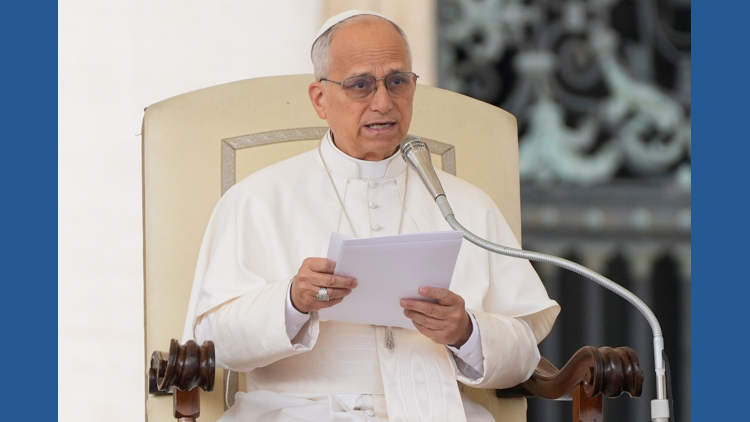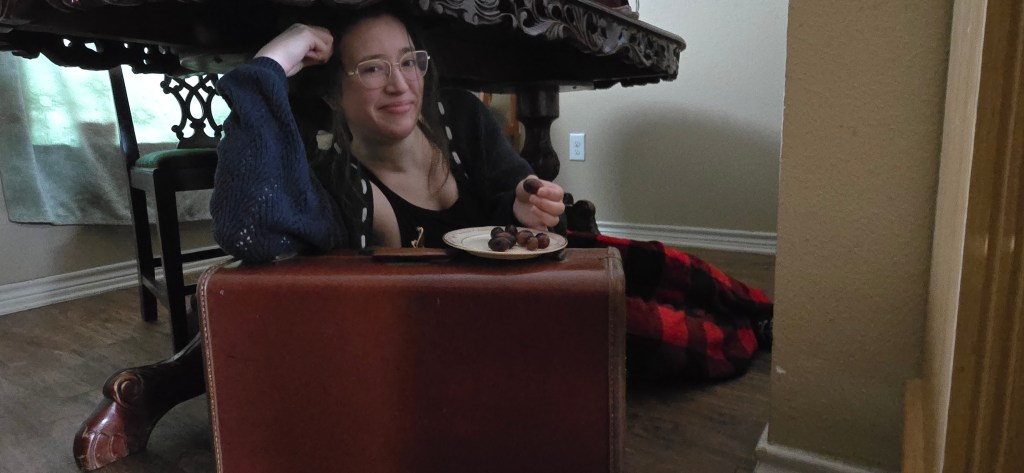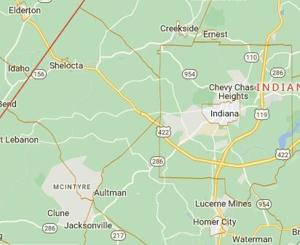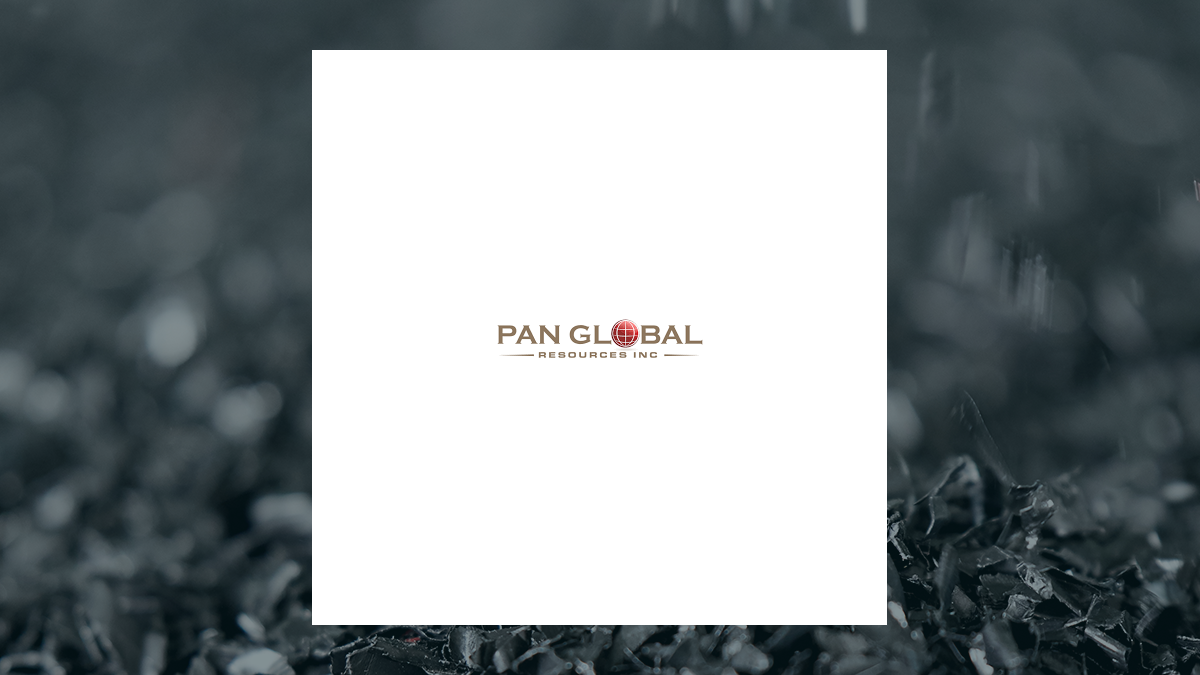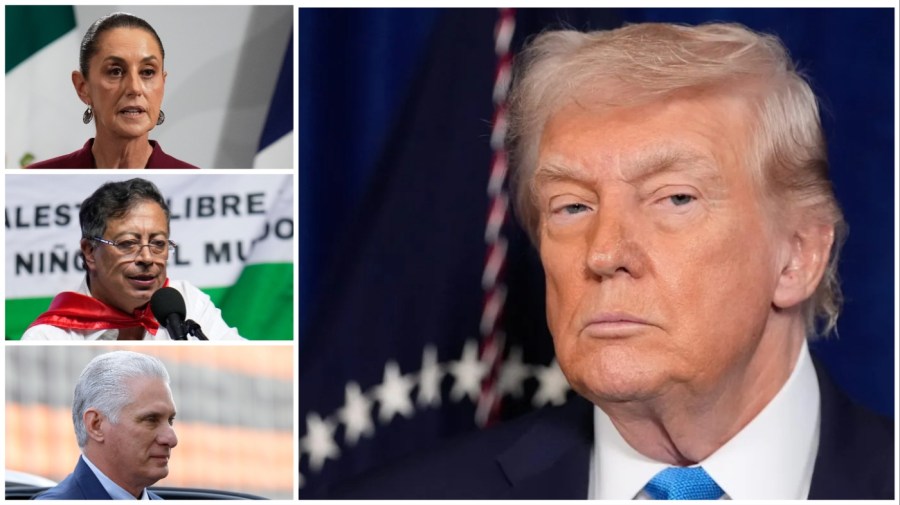Pope Leo XIV addressed the growing concerns of antisemitism during his general audience on Wednesday, emphasizing the Catholic Church’s unwavering commitment to combating this form of hatred. His remarks come amidst escalating tensions related to Israel’s military actions in Gaza, which have reignited discussions about antisemitism globally.
In a poignant acknowledgment, the Pope reflected on historical misunderstandings between Christians and Jews, particularly in the context of Israel’s war in Gaza. He reaffirmed the Church’s condemnation of antisemitism, which he characterized as a betrayal of the Gospel’s call for friendship with the Jewish community. This declaration coincides with the 60th anniversary of the “Nostra Aetate” declaration, a pivotal document in Catholic-Jewish relations.
Marking a Significant Anniversary
The “Nostra Aetate,” meaning “In Our Time,” was a groundbreaking text that rejected antisemitism in all forms and repudiated the notion of Jewish collective guilt for the crucifixion of Jesus Christ. This idea had perpetuated antisemitic sentiments for centuries. The Vatican developed the document in light of its historical role in fostering these sentiments, especially during the Holocaust.
Pope Leo quoted the document, stating that the Catholic Church condemns “hatred, persecutions, displays of antisemitism directed against Jews at any time and by anyone.” He affirmed that all his predecessors have condemned such attitudes, reiterating, “The church does not tolerate antisemitism and fights against it, based on the Gospel itself.”
Despite the current tensions, he emphasized the importance of dialogue, urging that “political circumstances and the injustices of some” should not derail the friendships that have been established.
Rising Antisemitism and Church Relations
The Pope’s statements come during a surge in antisemitic incidents, particularly linked to Israel’s military response following the attacks by Hamas on October 7, 2023. The Anti-Defamation League reported that antisemitic incidents in the United States reached a record high last year, with approximately 58% of the 9,354 incidents connected to Israel. These incidents included protests characterized by hostile rhetoric against Jewish communities.
Pope Francis has faced criticism from Jewish leaders for comments perceived as equating Hamas’s actions with Israel’s military operations. His calls for investigations into whether these military actions constitute genocide have further strained relations. In contrast, Pope Leo has approached the issue with a focus on reconciliation, recognizing the challenges while emphasizing the necessity for ongoing dialogue.
Rabbi Noam Marans, director of interreligious affairs at the American Jewish Committee, highlighted the significance of the Pope’s acknowledgment of existing tensions. He expressed hope for a continued strong stance from the Vatican against antisemitism, stating, “Never in the relationship of Catholics and Jews since ‘Nostra Aetate’ has the Jewish people been more in need of friends who commit themselves to combating antisemitism with every fiber of their being.”
As global tensions rise, the Catholic Church’s role in advocating against antisemitism remains crucial, leveraging its moral influence to foster understanding and cooperation between faith communities.

